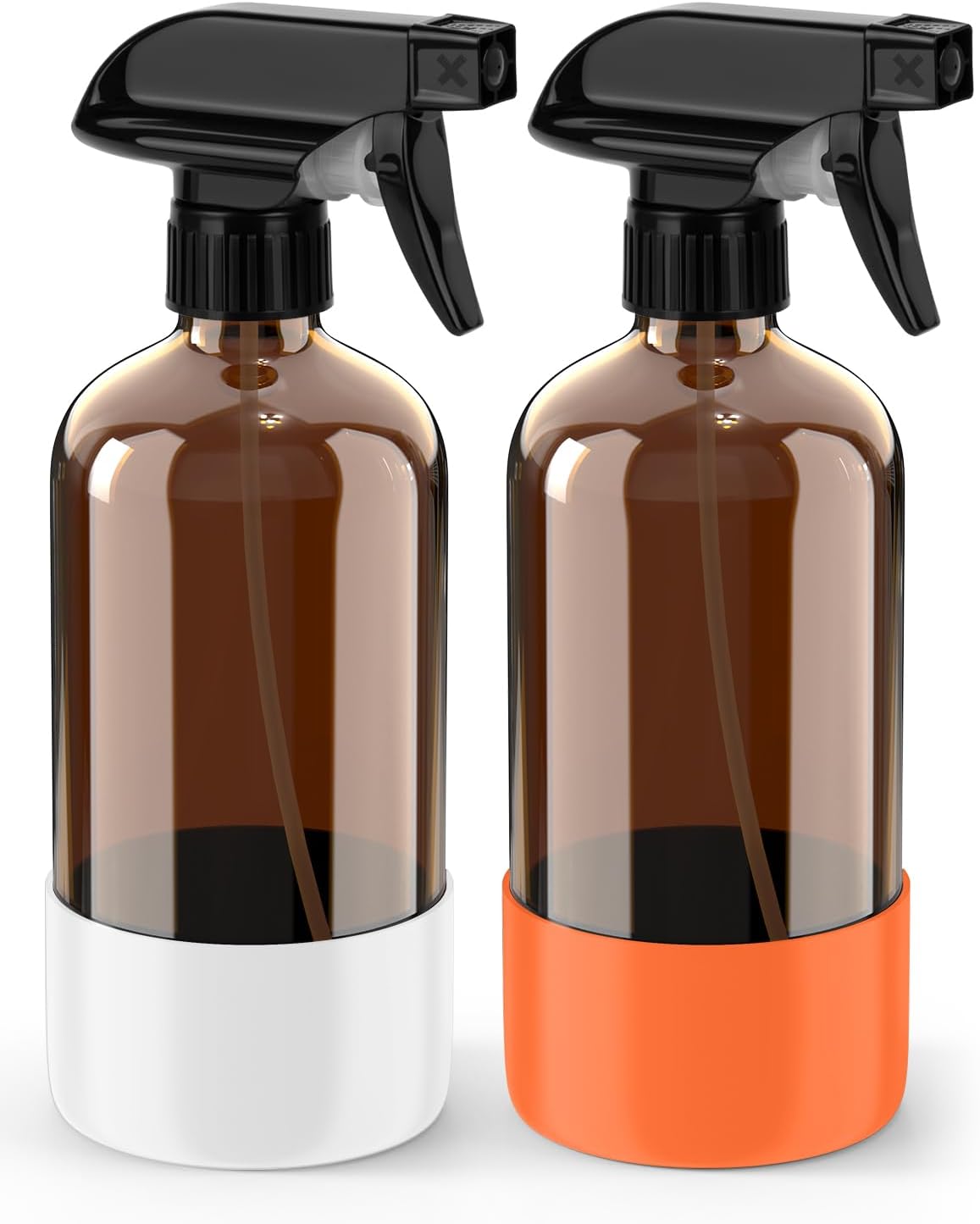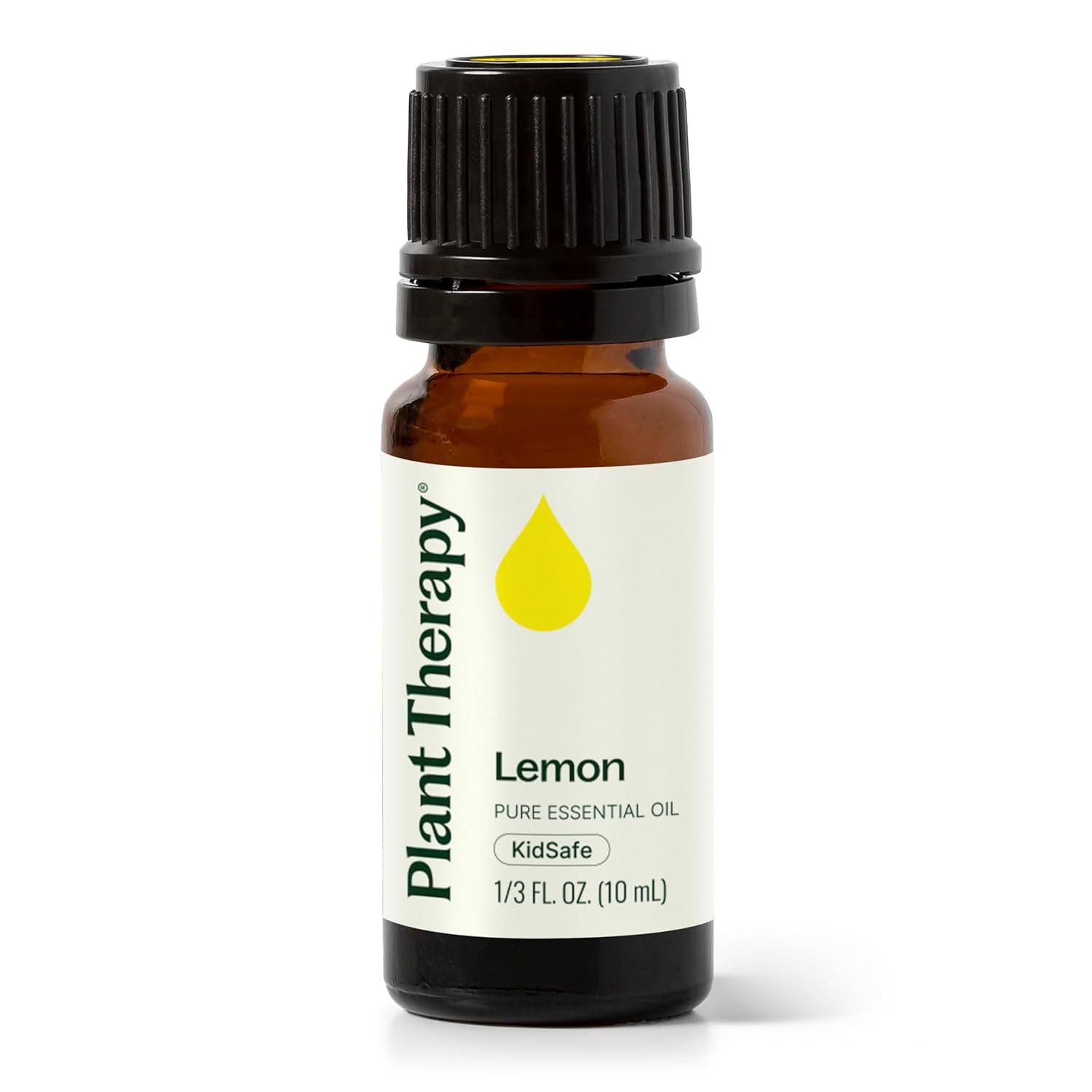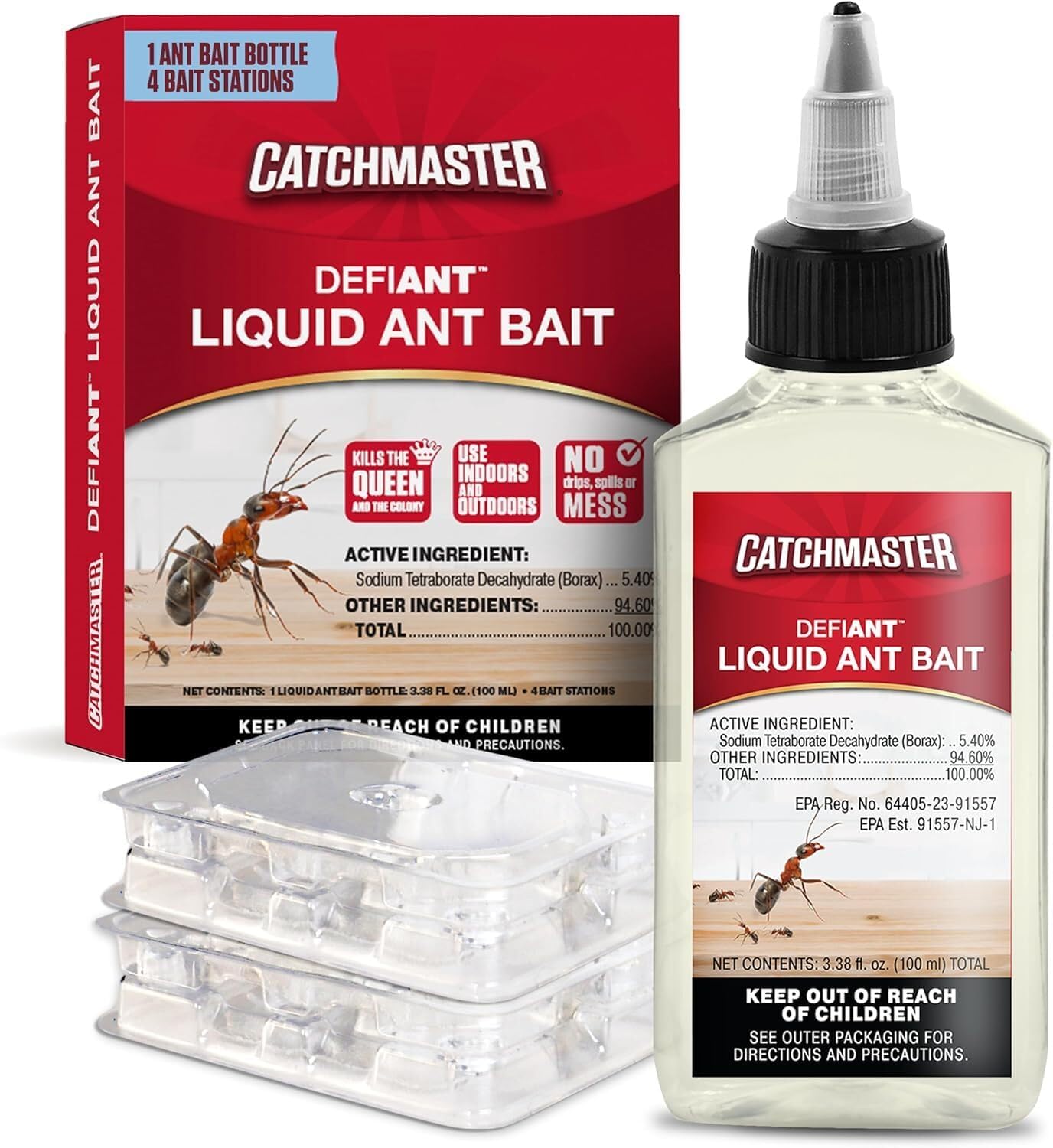Can This Common Fruit Be the Answer to Deterring Ants? Learn About Lemons for Natural Ant Control
Lemon is a helpful natural tool that can keep ants out of the home when used with other strategies. Learn the best way to naturally repel pesky ants.

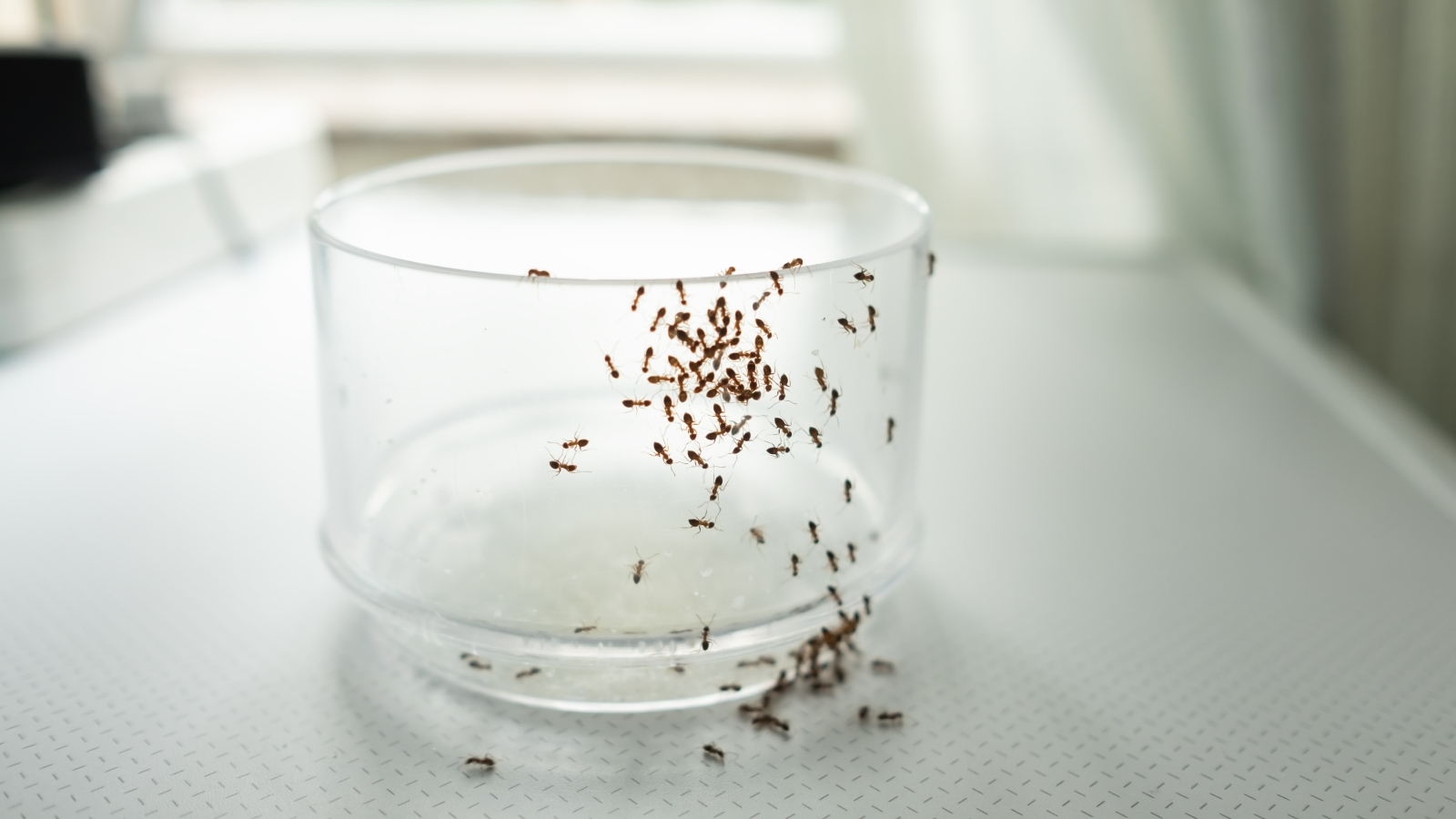
Sign up for the Gardening Know How newsletter today and receive a free copy of our e-book "How to Grow Delicious Tomatoes".
You are now subscribed
Your newsletter sign-up was successful
Ants in the yard or garden are inevitable, but in your home? You shouldn’t have to live with them. Ants aren’t just annoying or creepy; they can also be harmful to your health. Ants can bring bacteria into your home that can actually be dangerous.
While ants are annoying and potentially harmful, chemical pest control isn’t good either. If you’ve heard that lemons offer a simple solution, you might be tempted to try it.
Here, we break down whether or not this trick works and offer some other natural pest control solutions for your home.
Why You Have Ants in Your House

To control pests, it helps to understand how they operate. Ants always come in great numbers, which makes them a more problematic pest than an occasional fly or stink bug. Lines of ants indoors and trooping through your kitchen is annoying and a health risk.
The reason they’re coming into your home is to seek a food source. They’re able to get into your home because of small entries you’re probably completely unaware of. They find all the tiny cracks and crevices in the foundation of your home, around doors and windows, and in siding on the walls. They can follow utility lines or use air vents to get inside.
Deterrents, eco-friendly pest sprays, and traps can be useful in controlling ants, but you should also tackle the root of the problem. First, keeping your home, especially the kitchen, clean and free of food waste, will make it less attractive to ants. Second, sealing off entry points with caulk makes it harder for them to get inside.
Using Natural Solutions, Like Lemon, to Deter Ants

It’s easy to find ant-killing products at your hardware store or garden center. They may work, but consumers are increasingly aware of the harm these products can cause to people, pets, and beneficial insects. If you want to avoid these products, turn to natural solutions. A newer ant-killing product that utilizes geraniol and lemongrass oil is Stem, which can be found on Amazon.
Sign up for the Gardening Know How newsletter today and receive a free copy of our e-book "How to Grow Delicious Tomatoes".
Most natural products will not kill ants. They work by hiding scent trails. Ants navigate by following others. They find food sources and then leave a trail of scent that guides other ants. This is why you get such great numbers of ants in one place.
Lemons contain acid in the juice that can be somewhat harmful to ants. More importantly, lemons, especially the peels, contain a substance called d-limonene. This is the compound that gives lemon its characteristic smell, and it can hide ant scent trails, confusing them and stopping them from following a scent into your home or kitchen.
To use lemon’s natural scent to deter ants, follow the trail. Apply undiluted lemon juice wherever you see ants traipsing through your home. Rub the peel of the lemon on these areas as well. You can use fresh lemons, buy lemon juice, or even lemon essential oil as an insect repellent.
If you know where ants are coming into your home, use lemon outside as well. You can even leave leftover lemon peels outside in these areas to deter or confuse ants looking to get inside.
Does Lemon Really Help Against Ants?

So, the explanation for using lemons against ants makes sense, but does it really work? Lemon’s confusing scent can definitely help deter ants, but it’s not a complete solution. It’s best to use natural products like lemon along with other strategies.
Sealing up cracks and other entry points is a big part of the solution. Cleanliness is also important. These measures, along with deterrents like lemon, can help you manage and maybe even eliminate ants in the home.
One additional step can help even more. Bait traps draw ants in, where they pick up a toxic substance and carry it back to the nest. Look for traps that use borax, a substance that is only toxic to other animals in very large quantities. But you should still keep traps in areas where pets can’t reach them. Borax is the active ingredient in Catchmaster ant traps that can be found at your local hardware store or Amazon.
Other Natural Ant Deterrents
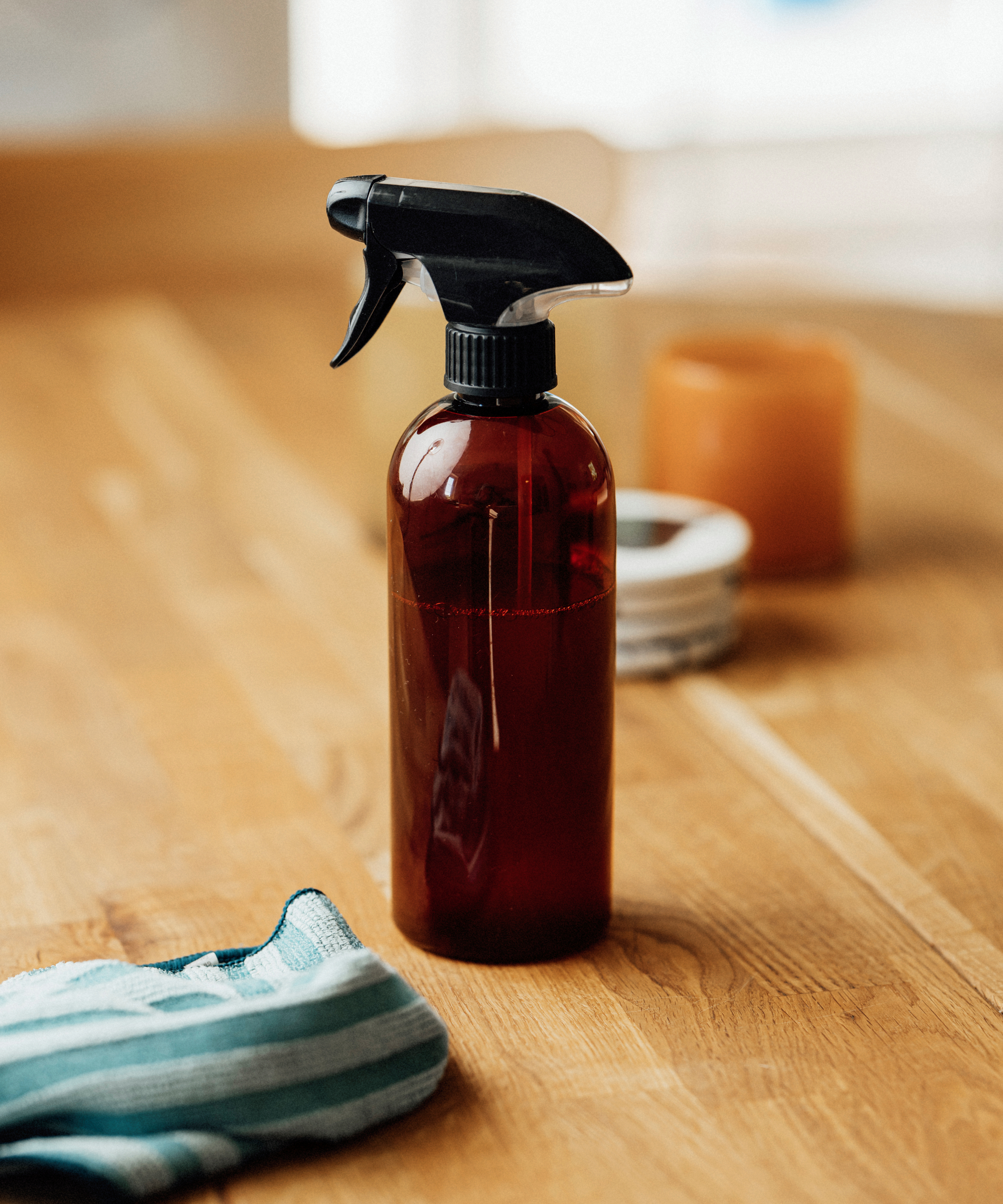
Lemon is a great choice for the natural deterrent in your multi-pronged approach to controlling indoor ants, but it’s not the only one. Vinegar is a great natural cleaning product. If you use it to clean up areas where you see ants, as a bonus, you’ll effectively wipe away their scent trails.
Essential oils, like rosemary or lavender, can also confuse ants. Be careful when applying these, though, as their concentrated nature can be harmful to pets. The same goes for ground cinnamon or cayenne pepper. Pets will likely keep away from these strong scents, but they can definitely cause irritation and harm.
Finally, try using diatomaceous earth. This natural substance is very drying and kills pests not as a poison, but by drying them out. Create a line of diatomaceous earth outside around the foundation of your home. When ants traipse through them, they’ll die. Make sure you use food-grade diatomaceous earth. Other types can be harmful to humans and other animals.
Deterring ants is important for minimizing pests and keeping your home healthy. Lemon is a great tool in an approach that includes several strategies for the best results.

Mary Ellen Ellis has been gardening for over 20 years. With degrees in Chemistry and Biology, Mary Ellen's specialties are flowers, native plants, and herbs.
